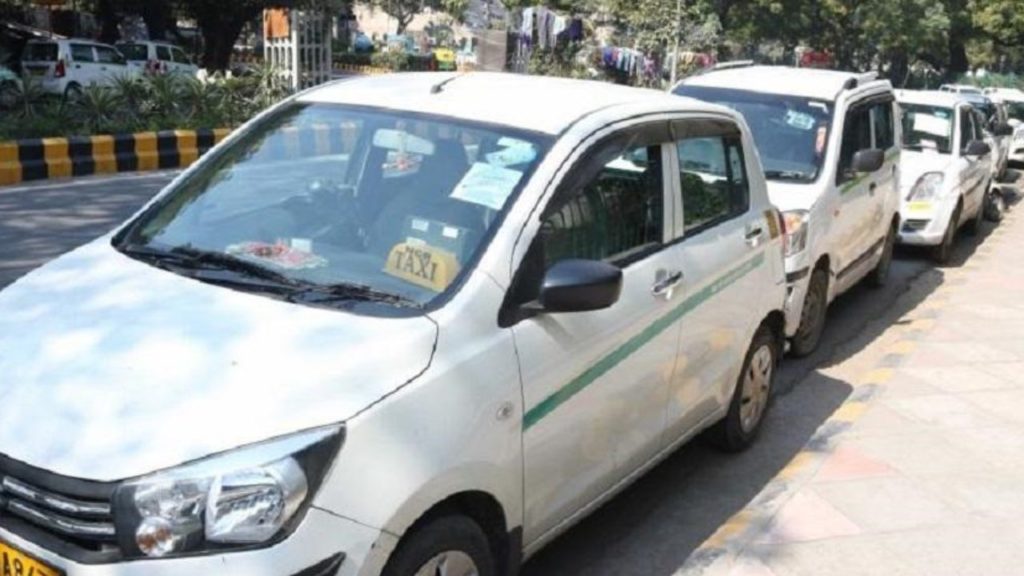In a significant development, the Pune Regional Transport Authority (RTA) has made the decision to officially reject pending license applications from ride-hailing giants Ola and Uber. This decision, stemming from a meeting convened on March 11 and chaired by District Collector Suhas Diwase, marks a pivotal moment in the ongoing regulatory saga surrounding these companies’ operations in the city.

Non-Compliance with Guidelines Leads to Rejection
Following a thorough review of the applications, the RTA determined that both Ola and Uber failed to meet the necessary norms outlined in the central government’s Motor Vehicles Aggregators’ Guidelines, 2020. This rejection comes after previous instances where the RTA had denied the companies’ applications for aggregator licenses for light vehicles due to discrepancies in their documentation.
According to an official letter issued by the Pune RTO, it was concluded that the documents provided by both companies did not align with the mandated standards, necessitating the rejection of their applications. Despite ongoing operations, estimated to include around 45,000 to 50,000 cabs since 2014 without licenses, concerns over non-compliance have persisted, prompting this decisive action from the authorities.
Legal Recourse Available for Aggrieved Parties
While the rejection of their license applications poses a setback for Ola and Uber, the guidelines stipulate that aggrieved parties have the right to appeal to the state government within 30 days of receiving the order. This avenue allows companies to contest the decision and seek recourse through established legal channels.
Notably, this development underscores the broader issue of regulatory compliance and enforcement within the transportation sector. With complaints from cab drivers regarding fare increases going unanswered due to the absence of a cohesive state policy, the need for stringent regulatory oversight has become increasingly apparent.
Looking ahead, the fate of Ola and Uber’s operations in Pune hangs in the balance as they navigate the appeals process and await further decisions from senior authorities. In the interim, the transport authorities have affirmed their commitment to enforcing regulations and ensuring compliance with established guidelines, underscoring the importance of upholding legal standards within the transportation industry.











